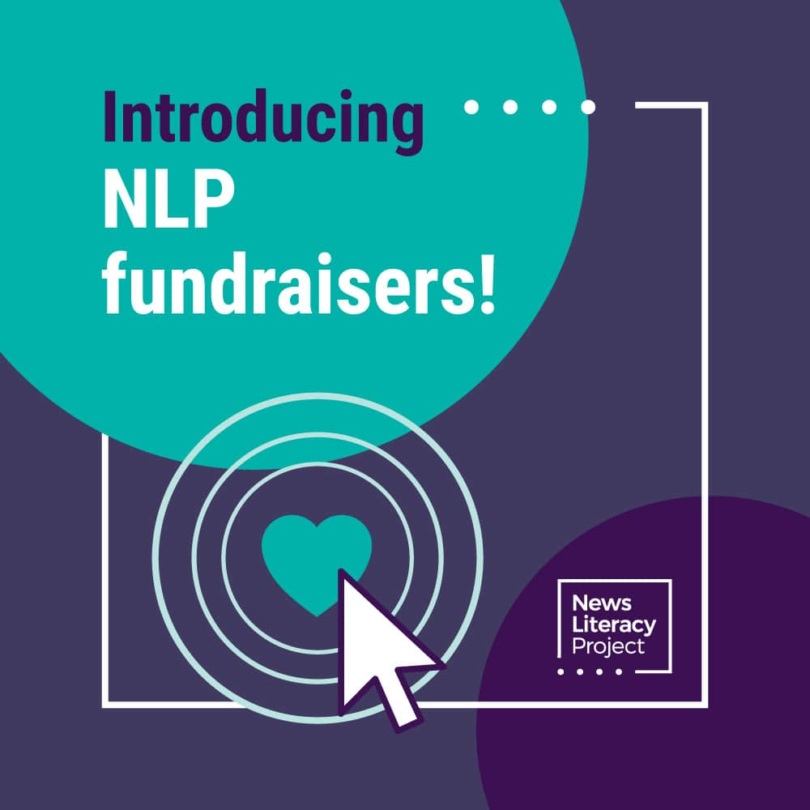News Literacy Project’s new online dashboard tracks election misinformation trends
WASHINGTON, D.C., Aug. 22, 2024 — The News Literacy Project today launched its Misinformation Dashboard: Election 2024 to help voters identify and avoid viral rumors that threaten our democracy.
NLP’s dashboard is a regularly updated collection of examples of misinformation circulating online about the presidential election, cataloged by theme, type and the use of artificial intelligence. Users can browse more than a year’s worth of debunked claims — more than 500 to date — and explore trends using interactive graphs.
Viral election misinformation presents a real threat to individuals and communities across the country but can be difficult to analyze through individual debunks published by a variety of fact-checking organizations. Presenting this content in a comprehensive way helps people recognize trends and patterns used to spread rumors. This approach is aligned with “prebunking” techniques, which research shows is an effective way to help people avoid falling for falsehoods that swirl online. The dashboard enables prebunking in two ways: by helping people recognize common narratives of election misinformation, and by highlighting the tactics most frequently used to manufacture “evidence” for these claims.
“Given how quickly falsehoods can congeal into deep-seated beliefs, it’s essential that all Americans learn to recognize viral election misinformation when they see it in their feeds,” said Senior Vice President of Research and Design Peter Adams, who led the development of the dashboard. “Healthy democracies flourish when civic discourse is anchored in accurate, shared understandings of issues and candidates. We hope this dashboard helps people preserve the integrity and power of their civic voices and their votes.”
Though experts have sounded the alarm about the potential for AI to turbocharge falsehoods this election cycle, the dashboard shows that more low-tech tactics still dominate. The vast majority of misinformation relies on simple tricks of context — for instance, claims that present genuine content, such as a years-old photo, depicted as being taken during a recent event.
“Patterns in misinformation come into focus when content is collected in one place. The dashboard empowers people to see trends so they can avoid being swayed by falsehoods when they cast their votes,” said Dan Evon, NLP’s Senior Manager of Education Design, and a member of the team that helped collect and catalogue the examples featured in the dashboard.
The dashboard collects provably false claims that circulate online related to the 2024 presidential election. False and misleading claims made by candidates themselves are not included. NLP will continue to update the dashboard at least through Inauguration Day in January.
About the News Literacy Project
The News Literacy Project is a nonpartisan nonprofit building a national movement to ensure that all students are skilled in news literacy before high school graduation, giving them the knowledge and ability to participate in civic society as well-informed, critical thinkers. Founded in 2008, NLP is the country’s leading provider of news literacy education and works with educators in all 50 states. Learn more at www.newslit.org.
